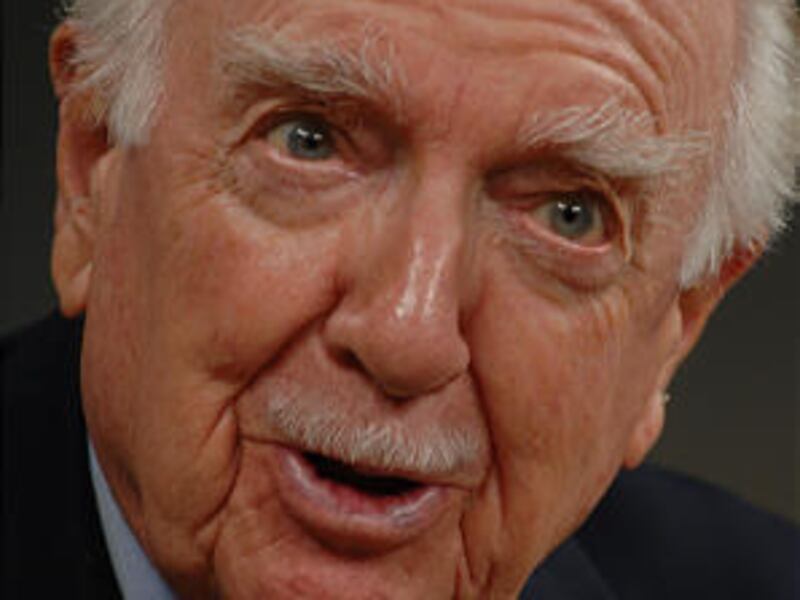It wasn't long after the Mormon pioneers arrived in the Salt Lake Valley in 1847 that a newspaper followed.
The Deseret News was published for the first time three years later on June 15, 1850.
That initial foray into Utah journalism was a meager offering compared to what would come later. It was a mere eight pages, each one quite a bit smaller than what you now hold in your hands.
Or perhaps much larger than the online screen you're reading.
Nearly half of the 24 columns in that first paper were devoted to reports from Congress; pretty dry stuff. But to Salt Lake Valley readers at the time, it was something magical — messages from the world outside their sequestered existence.
Now, here we are nearly 160 years later, and we have perhaps too much contact with the outside world. Too many words from too many sources — and too many of them anonymous or suspect or outright unreliable.
I wish I could say that's only true of online news, but it also applies to many printed and broadcast outlets these days. Hey, they have to compete.
That early, weekly Deseret News had no pictures. Much less streaming video, pop-up ads, rotating scrawls. …
But it had a motto: "Truth and Liberty."
Today, truth has seemingly become something more flexible. And liberty isn't just stretched, it's twisted and torn for ego-driven purposes.
The news-gathering frontier has changed dramatically and drastically in a very short time, and not always for the good.
Even the word "news" has become flexible. Unlike the days when opinion pieces and news reports were distinctly separated and labeled, today's papers, magazines, broadcast outlets and online media often offer as "news" unsubstantiated rumors or inflaming opinions rather than simply facts from reliable sources.
Then there are talk-show hosts yelling at their guests and each other. And much of it seems to be simply heated hyperbole, boiled down to the left vs. the right, with neither side any less bombastic than the other.
Really, are Keith Olbermann and Bill O'Reilly any less farcical than Jon Stewart and Stephen Colbert?
By now you may well be asking, where is all this coming from?
I guess it's a combination of Utah's Days of '47 celebrations, which, for some reason prompted me to reread the history of the Deseret News chronicled in two books, "Voice in the West" and "Through Our Eyes," along with the death last weekend of Walter Cronkite — whose life and career have been well documented elsewhere during the past week.
These two disparate events have sort of collided in my mind, reminding me of what journalism once was, what it has recently become and what it's really supposed to be.
One of the Cronkite sound bites that caught my ear on television was his suggestion that although reporters naturally have their own opinions, they have to be professional and intelligent enough to set them aside when they are reporting the news.
He was also quoted as saying, "In seeking truth you have to get both sides of the story."
Obviously they were old clips.
And here are a few more reasoned Cronkite quotes on the subject of journalism:
"Our job is to hold up the mirror — to tell and show the public what has happened."
"Objective journalism and an opinion column are about as similar as the Bible and Playboy magazine."
"I am dumbfounded that there hasn't been a crackdown with the libel and slander laws on some of these would-be writers and reporters on the Internet."
"Television (is) a high-impact medium. It does some things no other force can do — transmitting electronic pictures through the air. Still, as an explored, comprehensive medium, it is not a substitute for print."
Food for thought.
I think the earliest editors of the Deseret News would agree.
e-mail: hicks@desnews.com

